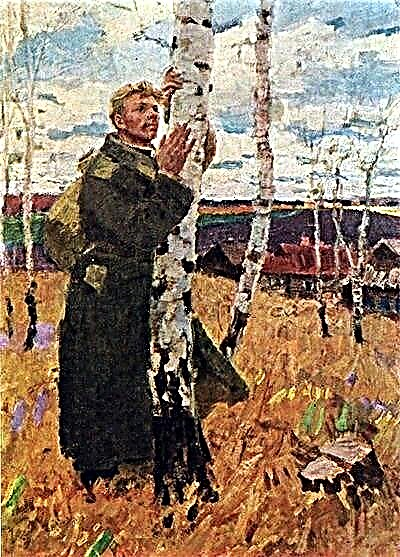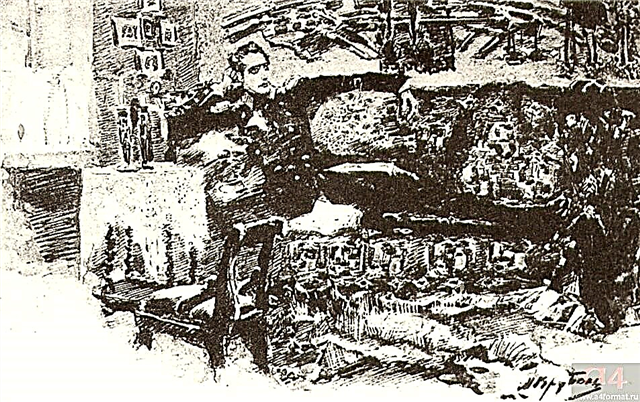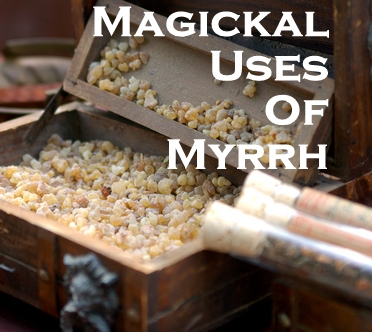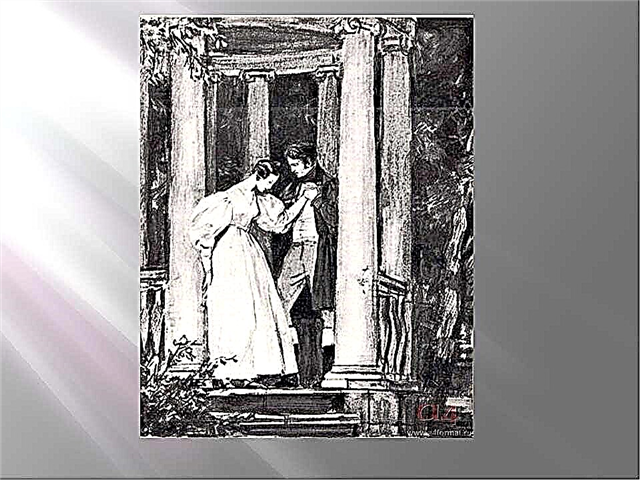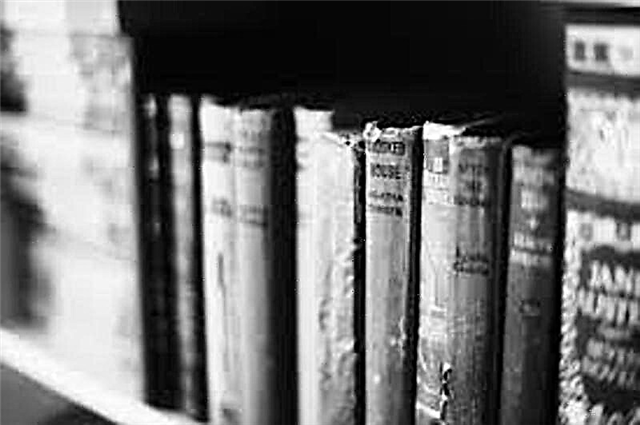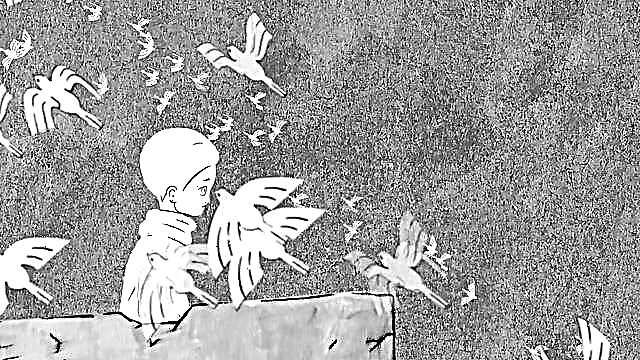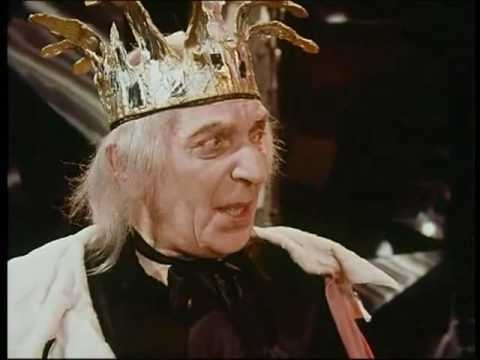(292 words) Freedom is that priceless state in which a person is free to speak, do and express his feelings as he desires. Alexander Pushkin sincerely respected liberty and simplicity, so we can observe how actively in his work the great poet addresses the topic of freedom.
In many of his poems, rebellious impulses are traced. For example, his work “The Daylight Has Faded” is noticeably different in its romantic shades: the lyrical hero recalls past love, and his soul is eager for distant shores. The work was written in 1820: at that time the poet was in Southern exile, therefore, embodied his desire for freedom in his own lines.
Two years later, the author will write “The Prisoner,” in which the motive for attraction to freedom is even more pronounced. In the three stanzas of amphibrachia, the protagonist compares himself with a young eagle who wants to fly away "to where only the wind walks ... yes I do! ..". Freedom-loving lyrics in Pushkin’s work occupies a special place, with the naked eye you can see how the poet passionately expresses his desire for independence and expanse.
Another important topic for Pushkin's love of freedom is the poem "To Chaadaev." After the lyceum, the poet full of ambition in the message conveys his impulse to make his homeland better. And he wants to devote freedom dear to his heart to his fatherland together with his comrade. For Pushkin, it is important not only to be independent on your own, but also to share this state with his native people. Interestingly, in the poem, the expectation of the embodiment of possibilities is compared with the expectation of a love date. As we know, love for a poet is also not an empty phrase, and beautiful poetic evidence confirms this. It turns out that between the feelings for a woman and the desire for freedom, the poet practically puts an equal sign.
The author suffers because of the lack of desire for freedom of the people, and in the work “Freedom, the desert sower” even equates it because of this with the herd. And in the poem "To the Sea" it is noticeable that the element gave Pushkin a complete sense of freedom, which he, saying goodbye to the beauty of the waves, was going to take with him.


